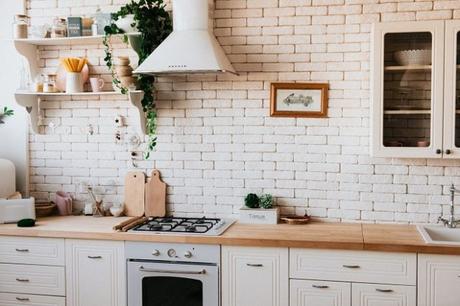
Seasoned and amateur chefs alike know that safety is important in the kitchen. Whether you're in the United States or are practicing food safety BC, there is a lot to remember when it comes to safe kitchen practices.
Food Preparation
You don't have to work in a restaurant to know that safely preparing food is not optional. Understanding the dangers of cross-contamination, correct refrigeration and how to clean and sanitize equipment is essential while cooking. By being educated, you greatly reduce the chances of foodborne illnesses.
- WASH YOUR HANDS. This seems like such a simple tip, but you'd be surprised at how many people fail to wash long enough to kill harmful bacteria. Wet your hands, lather, sing "happy birthday" to yourself twice, rinse, turn off the water with a paper towel, dry. It's what we are taught in preschool and it should be a habit into adulthood. Don't be gross.
- Know how to properly arrange your refrigerator. If it's not something you ever gave much thought to in the past, know the dangers of improper food placement to avoid drips and spills.
- Clean and sanitize all kitchen tools after using them. This includes countertops, knives, cutting boards and everything in between. Clean first with hot water and soap, rinse with clean water and sanitize with a bleach solution.
Safety Precautions
You would wear a helmet and boots before getting on a motorcycle for your safety, so why should you not take safety precautions before cooking? The kitchen contains many potential hazards from open flames to sharp utensils, so it's important to be safe and protect yourself.
- Knives should be stored upright in a wooden block. Not only does this keep the sharp ends pointed away from you, but it keeps them out of reach of little hands.
- Tie long hair back and wear an apron. Aprons protect your clothes, but they also act as an extra layer of protection for you from hot grease and other splashes. Also, long hair has the potential to get caught in flames, and it might also get in food you're preparing. Ew.
- Pot handles should never face outward while they're on the stove. Turn them away from you so that they don't get bumped or grabbed by children.
Practicing safe habits in the kitchen is not difficult once you get into a routine. Know the risks of improper kitchen practices and more importantly, know how to avoid these risks.


